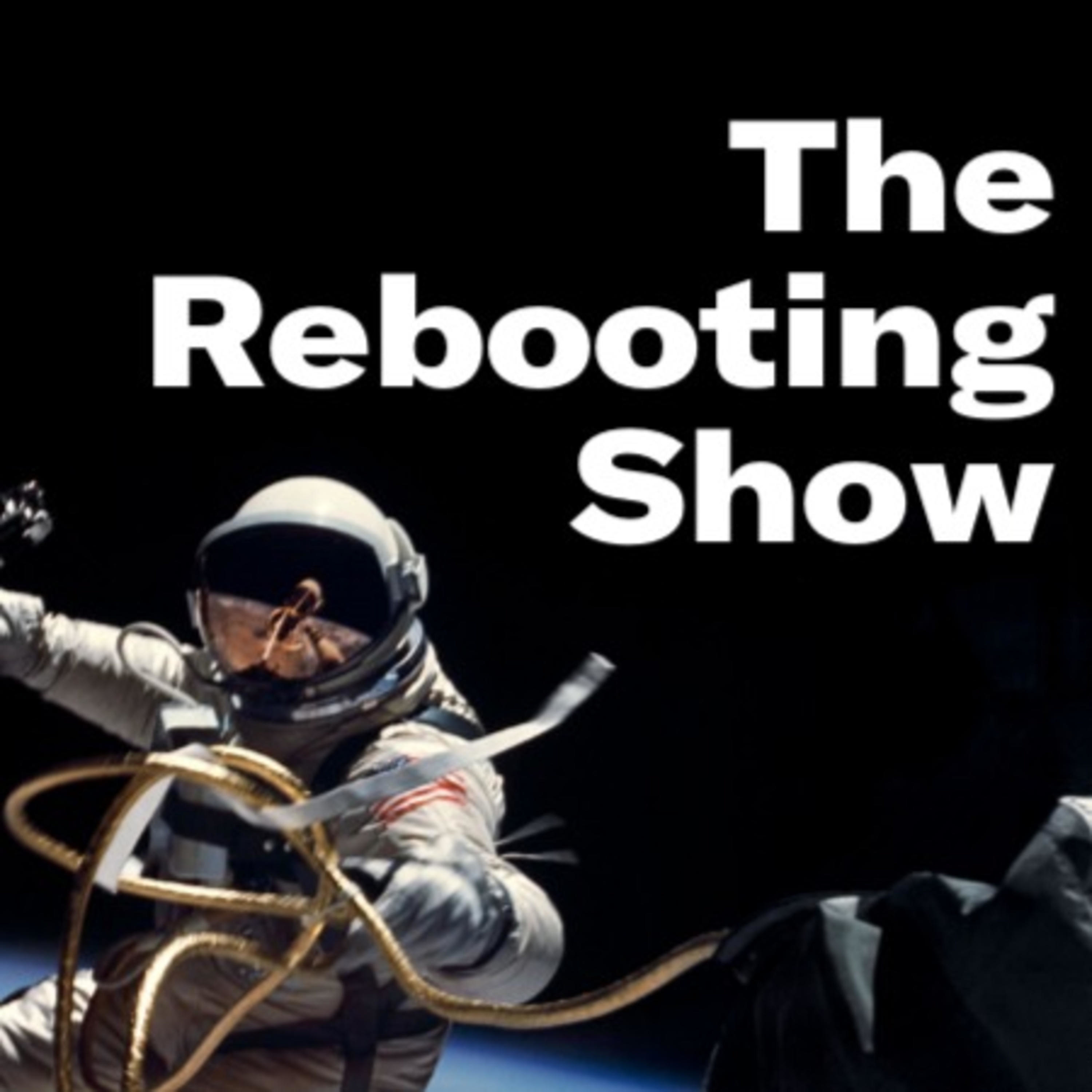Episode 14
How Famous Birthdays built a data business off celebrity searches
Subscribe on Apple Podcasts and Spotify Apple users: Please leave a rating and review.
When it comes to business models, software models beat publishing ones. Recurring revenue scales more quickly and at far better margins.
For a decade, Famous Birthdays has chronicled the rise of digital culture through its platform for finding out more information about the digital stars from TikTok and YouTube, as well as more traditional pop stars. Famous Birthdays has relied heavily on its internal search data as the “North Star” of its business. The company noticed Charli D’Amelio rising in popularity in 2019 and recorded a video interview with her before the TikTok star exploded in popularity. That formed the basis of the Famous Birthdays Pro product that offers proprietary data on who is rising and falling in popularity. Clients include platforms, influencer agencies and services, and talent representation firms.
“We add more clients and it just grows,” said Evan Britton, founder of Famous Birthdays. “If you pivot to video, you have to create that content and you get some margin on top of it. Ad-based businesses aren't as exciting, We could have charged our users a few bucks a month and given them extra functionality. But we went with the enterprise model, which is good because we don't have to gate anything with our users.”
Evan and I spoke about the opportunity he saw that led to Famous Birthdays, the opportunity for a data business and why he went all-in on programmatic advertising.
Finding opportunity in the shift to mobile
Technology shifts create opportunities. Back in 2012, the mobile phone was just starting to usurp the role of desktop in how people found and consumed information. Evan noticed that sites like Wikipedia were comprehensive, but not made for a mobile experience, particularly the small screen size of those early smartphones.
“Birthdays are always often the first thing people want to know about a celebrity, but there's other information they want to know. We were a mobile-friendly Wikipedia/IMDB. I'm more about user experience. The user experience on mobile for Wikipedia was not good. You don't want a book report on mobile. You want to get right to it. I saw that as an opportunity as an entrepreneur.”
New class of celebrities
As digital media has grown, it has created its own set of celebrities, grouped together under the broad term of “creators.” These can range from YouTube stars to Instagram and TikTok performers. What Famous Birthdays saw early on, back to the heyday of short video service Vine, was fans often have greater attachment to these digital stars.
“We would have a Vine star with a million followers sending us their headshot and their bio. And then at the same time we had these movie actors that wouldn't respond to us that had 5,000 followers. We saw very early that there was a gap between where culture was, but where the industry was set up. Traditional celebrities, you are a fan of them, but with social stars, you are really a fan. It's different when you see someone in a movie acting as someone else versus watching them brush their teeth every morning. Social just had a deeper level of fandom and we always saw that in our rankings.”
Why platforms got creator religion
Just about every major tech platform has their own twist on creators. Most have lau
